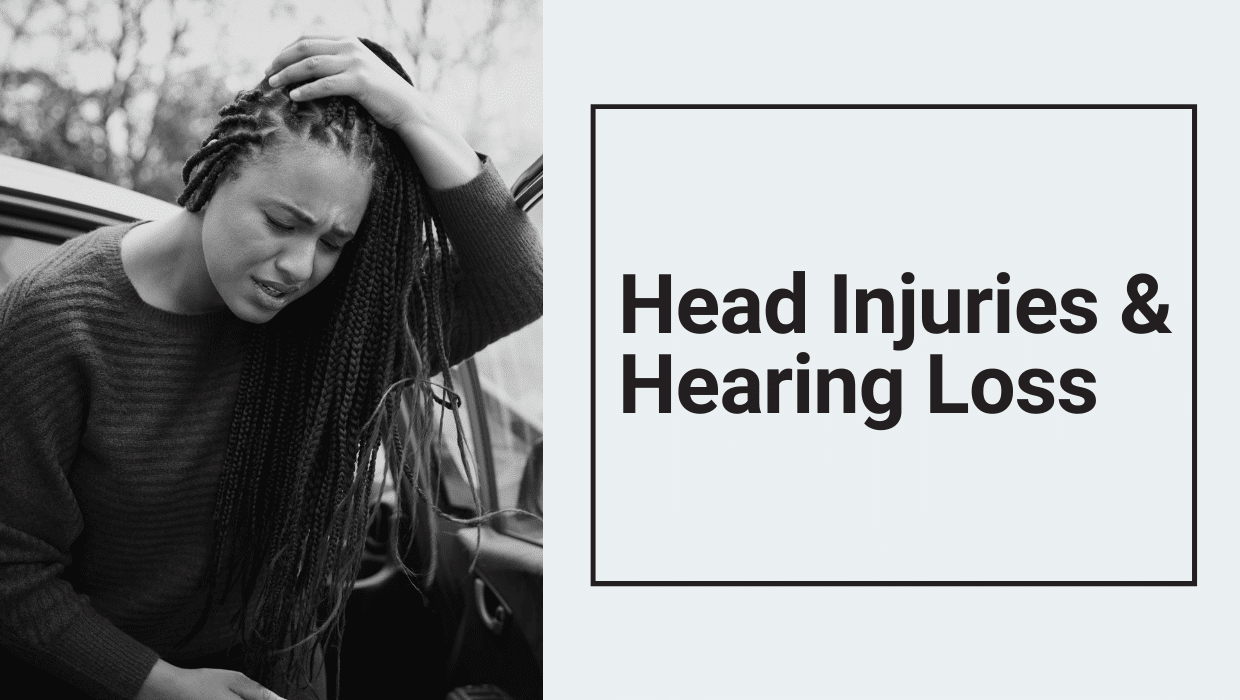How to Handle Spring Rain and Humidity with Your Hearing Aids
These seasonal changes can bring about some unique considerations for


These seasonal changes can bring about some unique considerations for

Hearing loss is one of the most common health conditions that people

The health risks associated with smoking and drinking are widely known: